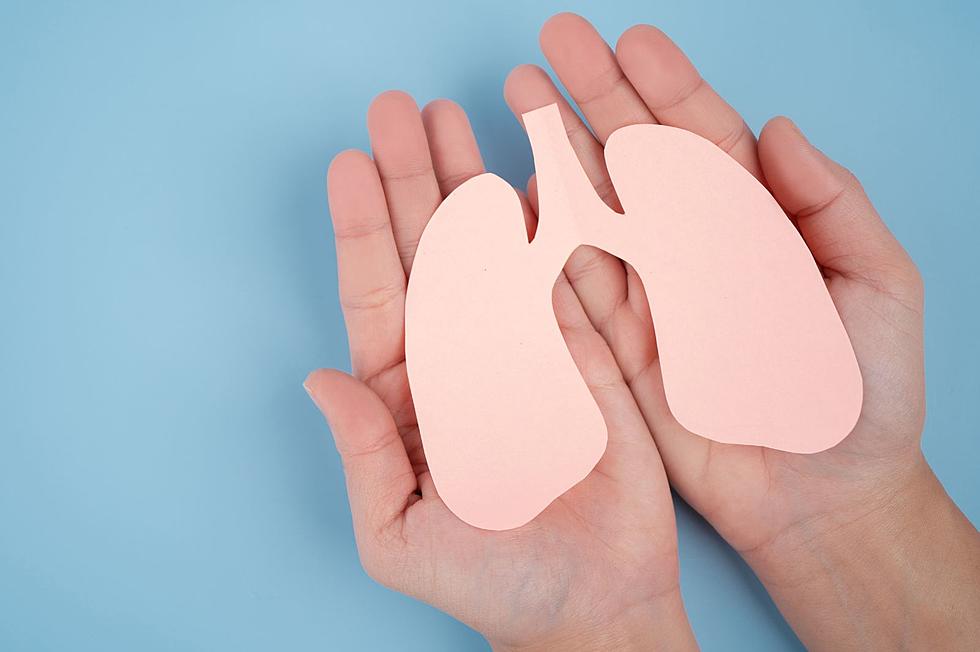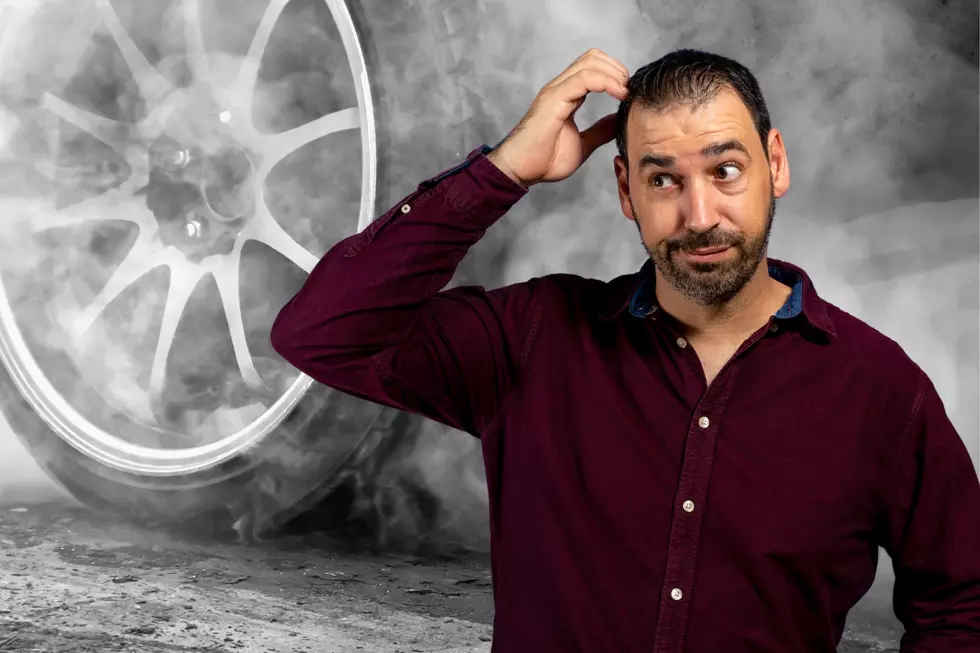
Number One Reason New Yorkers Decide Not To Be an Organ Donor
When I first got my driver's license, I proudly registered as an organ donor. However, my enthusiasm turned to fear when an EMT friend shared what turned out to be a concerning myth.

According to this myth, if first responders or hospitals are aware that you are an organ donor, they may not prioritize saving your life. This misconception has caused many New Yorkers to doubt the decision to become an organ donor.
Saving Lives Comes First
Contrary to popular belief, both first responders and hospital personnel are dedicated to doing everything within their power to save lives, regardless of whether someone is an organ donor or not. The Gift of Life Donor Program, an organization specializing in organ donation, emphasizes that healthcare professionals are committed to providing the best care to every patient.
Understanding the Organ Donation Process
To become an organ donor, an individual must be in a hospital, usually on a ventilator, and be declared brain dead. It is only at this point that the possibility of organ donation arises. The Gift of Life Donor Program stresses that they are not notified until all life-saving measures have been exhausted. This ensures that the primary focus remains on relentlessly attempting to save lives throughout the medical process.
The Importance of Permission and Consent
It's important to recognize that the decision to donate organs is completely up to the individual and cannot be dictated by their family. Even if someone has designated themselves as an organ donor, the transplant team is not informed until permission is granted by the deceased's family. This step ensures that the wishes of both the individual and their family are respected, honored, and followed.
Transparency and Medical Ethics
Medical professionals follow a strict code of ethics that places utmost importance on the well-being and survival of their patients. The idea that being an organ donor would negatively impact the medical treatment one receives is entirely false. This myth goes against the core principles and ethical guidelines upheld by healthcare professionals.
Dismissing the Myth
The belief that doctors and staff will not do everything they can to save the lives of registered organ donors is baseless. Hospital personnel consistently prioritize the preservation of life and providing optimal care to every patient. It is only after exhausting all life-saving measures and receiving consent from the deceased's family that organ donation becomes a possibility.
Goosebumps and other bodily reactions, explained
KEEP READING: See 25 natural ways to boost your immune system
More From 98.1 The Hawk









